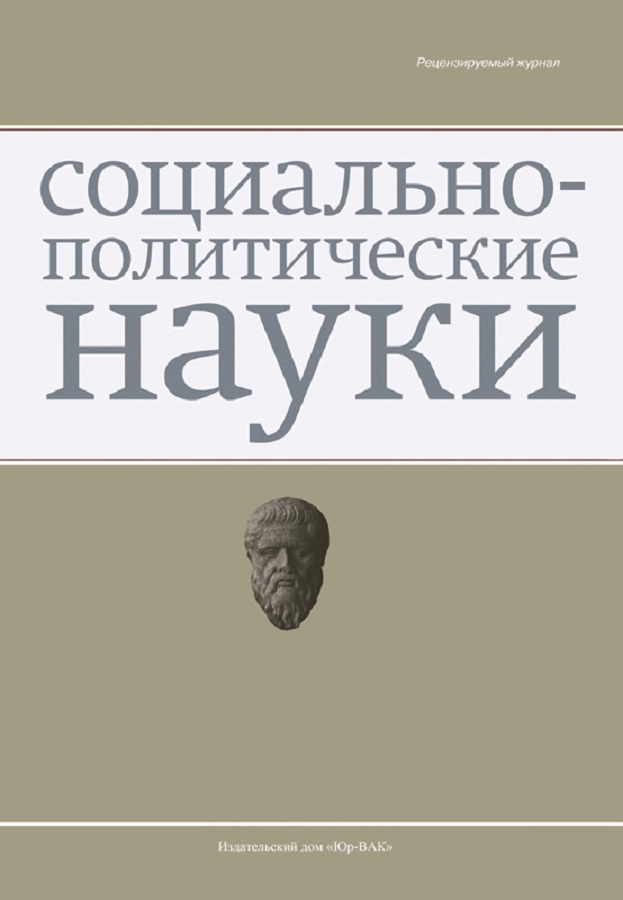National-State Identity in the Context of Global Confrontation: The Problem of the Stability of Social Systems
- Authors: Shabrov O.F.1
-
Affiliations:
- Lomonosov Moscow State University
- Issue: Vol 13, No 4 (2023)
- Pages: 16-26
- Section: History and Theory of Politics
- URL: https://journals.eco-vector.com/2223-0092/article/view/582719
- DOI: https://doi.org/10.33693/2223-0092-2023-13-4-16-26
- ID: 582719
Cite item
Abstract
The problem of national-state identity is considered as one of the pillars, along with the state, ensuring the stability of modern social systems. It is shown that the national-state identity is formed, first of all, on the basis of the commonality of spiritual values shared by the majority of members of society. These values belong, in turn, to the spheres of culture and ideology. The role of these areas is not the same. The function of culture is the accumulation and reproduction of values through the transfer from generation to generation of values as ideas of what is due and taboo, which gave advantages to the social system and its members in survival and development. Ideological values are attractive goals, a project of a social and state structure that reflects the interests of social groups. The stability of social systems and nation-states is possible provided that ideological values do not conflict with the values of culture. In modern conditions, the process of reproduction of cultural values is hampered by a number of global reasons, and these values themselves have become the object of destructive ideological influence on the part of both rival states and global elites. The role of state cultural policy and state ideologies has come to the fore in the issue of ensuring the sustainability of nation states and the corresponding social systems. In conclusion, the conditions for the effectiveness of this policy are formulated in the most general form.
Full Text
About the authors
Oleg F. Shabrov
Lomonosov Moscow State University
Author for correspondence.
Email: oshabr@mail.ru
ORCID iD: 0000-0002-8172-1023
doctor of political sciences, professor
Russian Federation, MoscowReferences
Supplementary files









